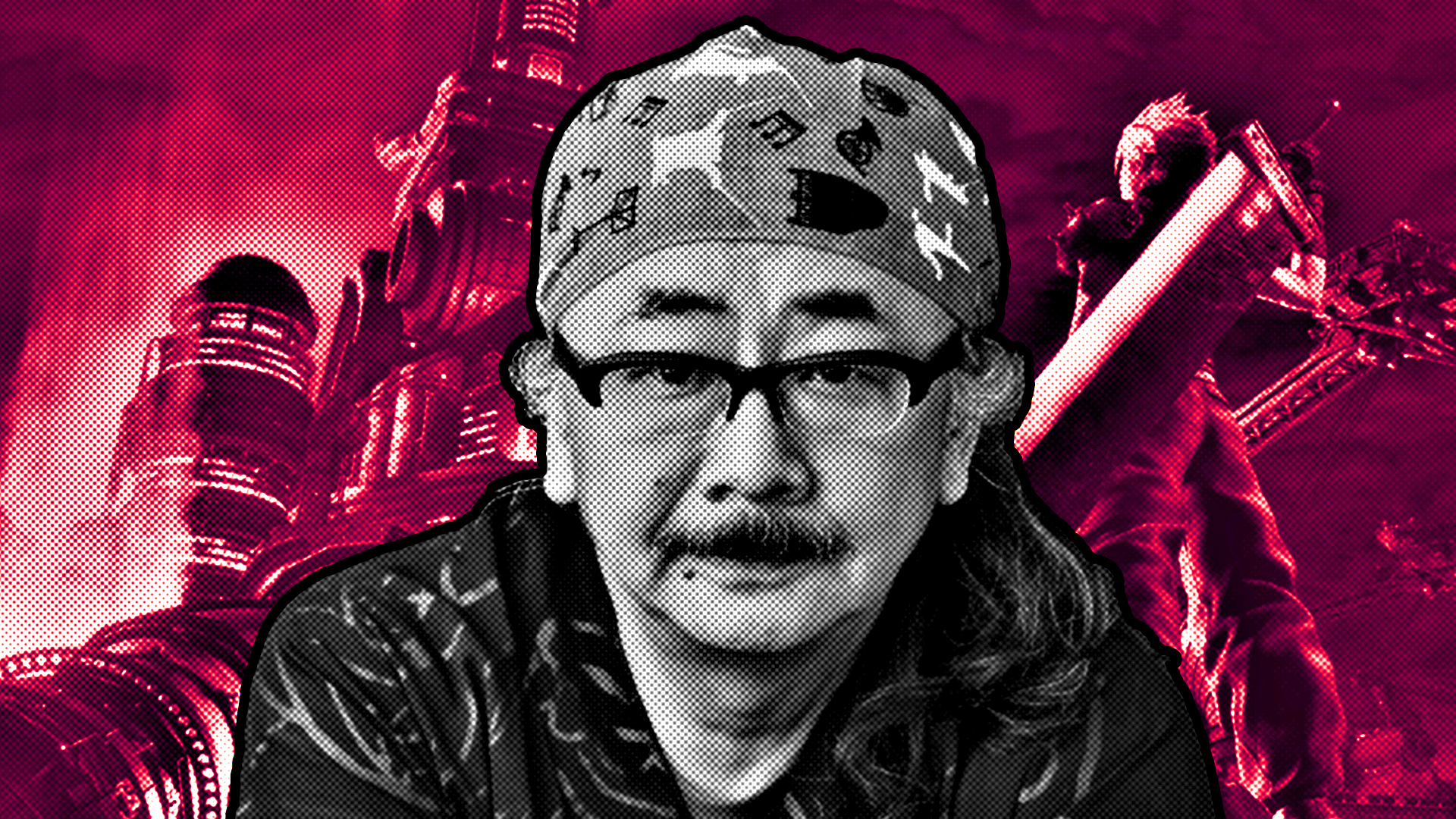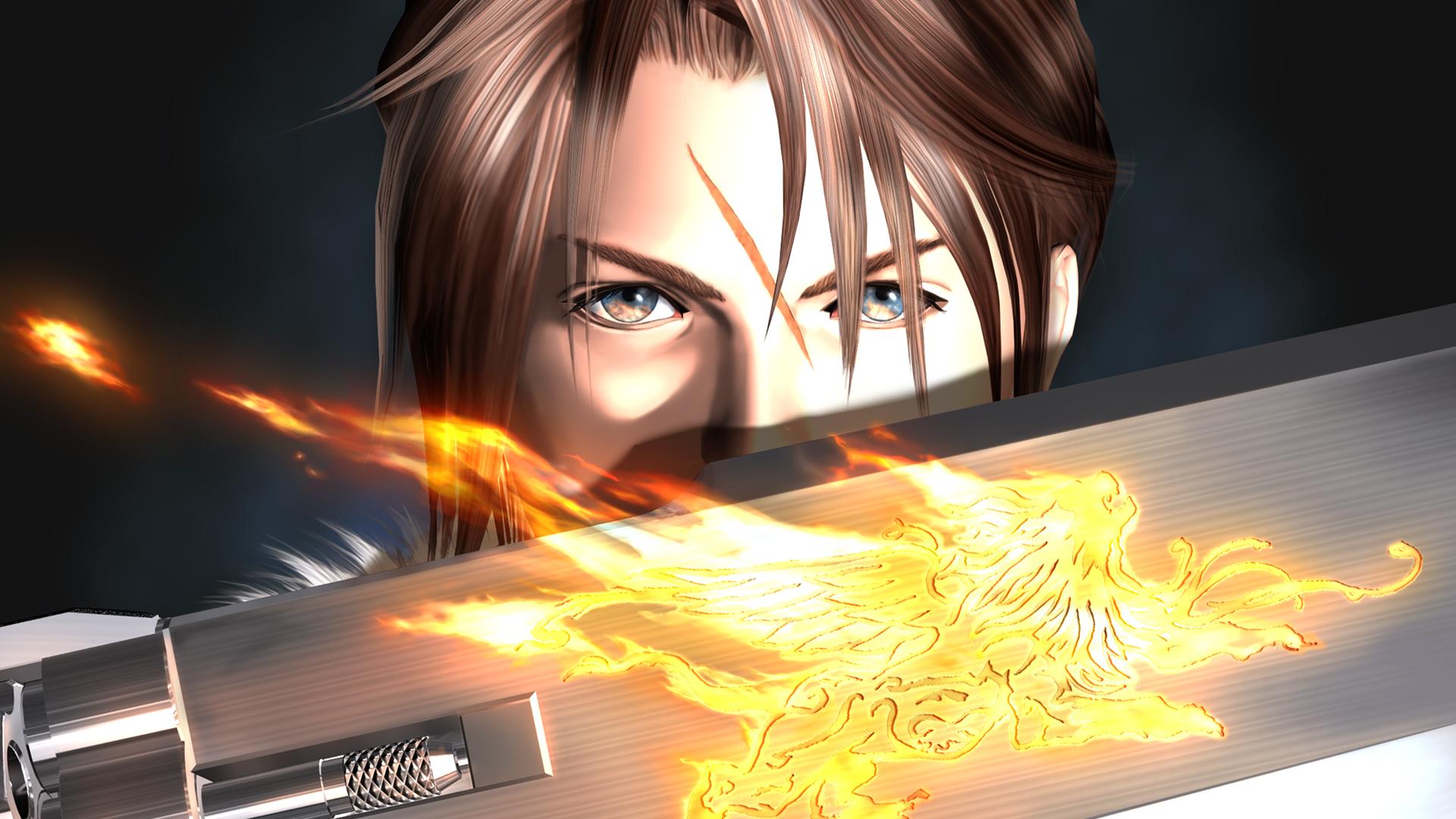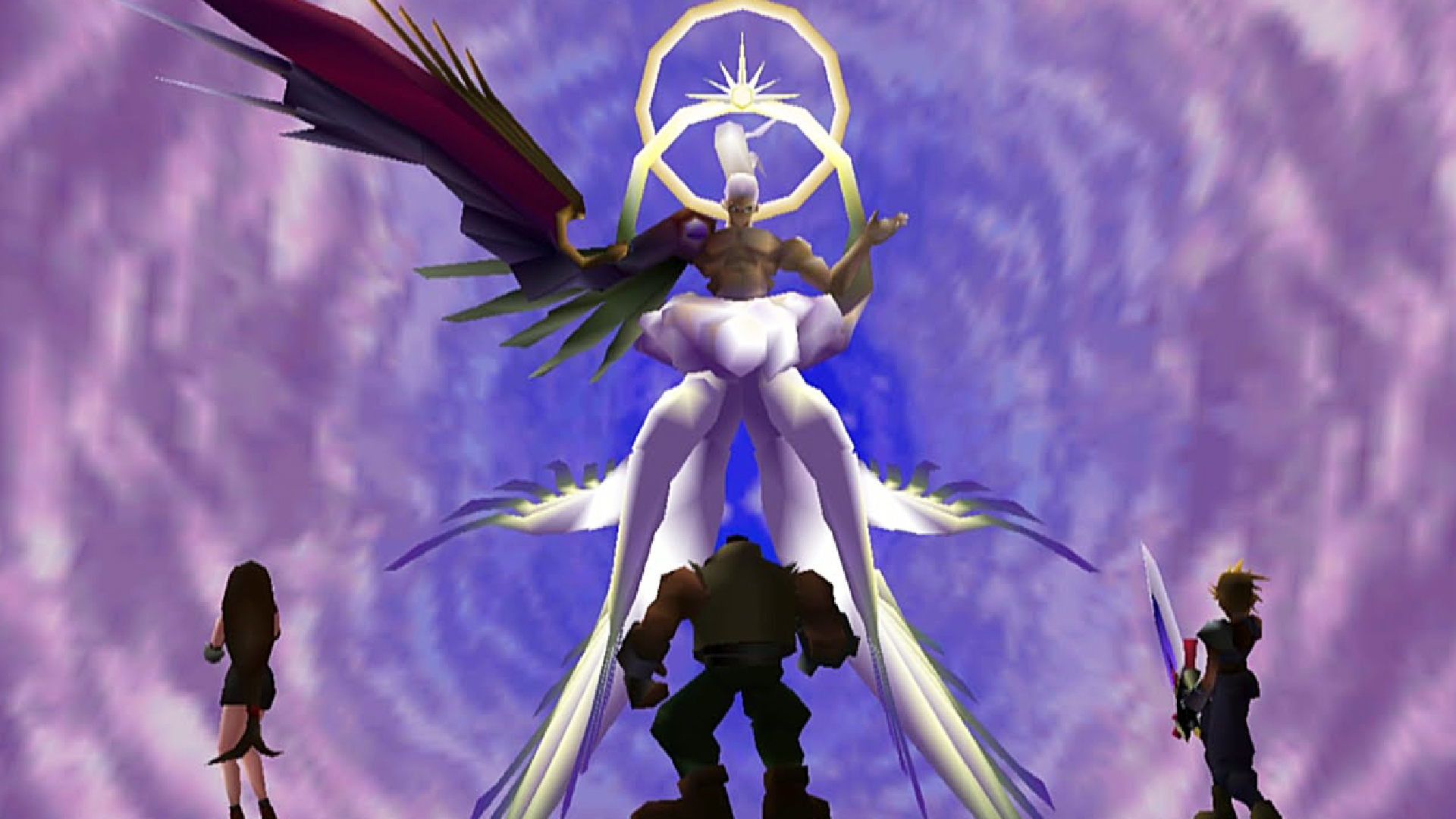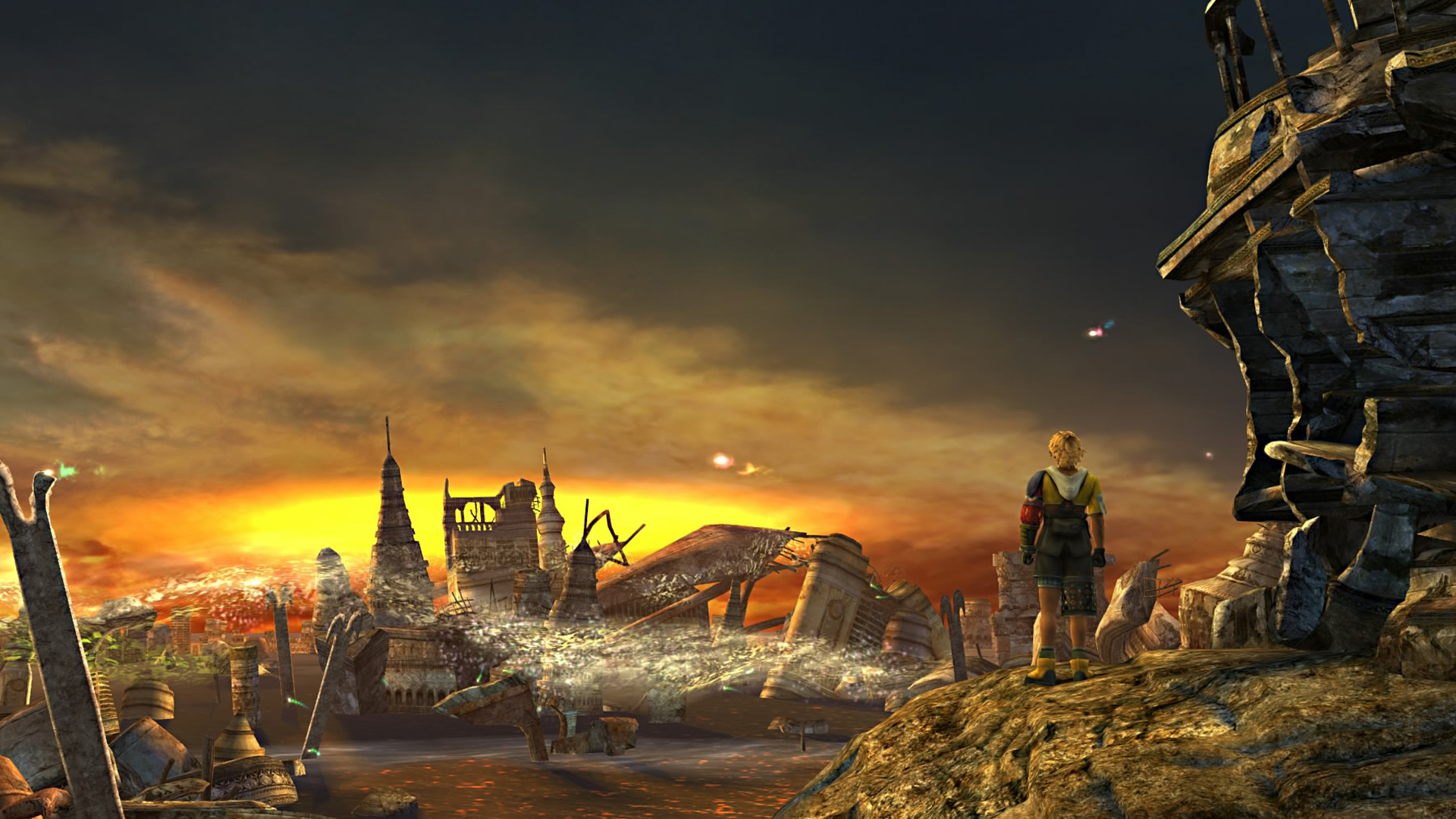Final Fantasy legend Nobuo Uematsu's 9 greatest musical moments
A look back at 30+ years of killer soundtracks.

Nobuo Uematsu has been composing videogame soundtracks for over 30 years, which makes choosing just a few standout tracks from his work on Final Fantasy a challenge. But as a longtime fan of his music, and someone who has been listening to a lot of Final Fantasy tunes on Spotify lately, I gave it a shot. To me, these nine tracks represent Uematsu at his best—not just for the quality of the compositions, but their emotional resonance and how they capture the essence of the games they feature in. Leaving some tracks out was almost physically painful, but that's what happens when you try and condense an immense body of work like this down into an easily digested listicle.
Electric de Chocobo (Final Fantasy 7)
You can't celebrate the music of Nobuo Uematsu without mentioning at least one of his impossibly catchy chocobo themes. This upbeat melody heralds the arrival of the titular yellow-feathered birds, a mainstay of the Final Fantasy series. Over the years there have been numerous versions of the theme, encompassing a variety of genres, but Electric de Chocobo from Final Fantasy 7 is my favourite. This is Uematsu paying tribute to American surf rock bands of the 1960s, who had a huge following in Japan. The intro is lifted directly from Pipeline by The Chantays, a surf classic, and the track also features elements from songs by bands such as The Ventures and The Surfaris.
The Landing (Final Fantasy 8)
This dramatic orchestral piece first plays as a fleet of SeeD assault boats approaches Dollet Beach, one of Final Fantasy 8's most thrilling, cinematic moments. It opens with a solitary heartbeat, musically illustrating the recently graduated Squall's excitement (and, perhaps, anxiety) about embarking on his first real field mission. This is one of Uematsu's most exciting compositions, but even when he's going all-out, his skill with melody makes this more than just Hollywood-style orchestral filler. A rhythmic synth pattern occasionally accompanies the orchestra—echoing that heartbeat from the track's opening—which gives the arrangement a powerful sense of urgency and tension.

Terra's Theme (Final Fantasy 6)
Of all the scores Uematsu has worked on, he reportedly considers Final Fantasy 6 to be his best work. He remembers crying at the game's launch party, realising how much of himself he'd invested in the project. Terra's Theme is undoubtedly the highlight of the soundtrack. This hugely atmospheric piece plays at several points, most prominently while exploring the world map in the first half of the game. It perfectly evokes the feeling of embarking on a dangerous and uncertain journey; part hope, part trepidation, and part wistful nostalgia for a life left behind. Musically, the track is very reminiscent of the western movie soundtracks composed by Ennio Morricone; particularly that synthesized flute.
Over the Hill (Final Fantasy 9)
After the previous two Final Fantasy games, which drew inspiration from '80s graphic novels, cyberpunk, and sci-fi, Final Fantasy 9 saw Square Enix returning to a more traditional swords-and-sorcery fantasy setting. This is reflected in Uematsu's score, which incorporates instruments and melodies with a medieval feel. But Over the Hill, the game's beautiful world map theme, mixes this with a decidedly more modern sound. The melody is a reprise of the game's main theme, Melodies of Life, and is accompanied by a reverb-laden, arpeggiated synth loop that pans slowly from left to right, creating a wonderful sense of motion. It sounds great through headphones. This blend of the old and the new works brilliantly, making every trip to the world map a treat.
One-Winged Angel (Final Fantasy 7)
Considered by many to be Uematsu's masterpiece, this grand, swirling orchestral epic provides the soundtrack for Final Fantasy 7's last boss battle. Uematsu said he wanted to combine "the musical styles of Russian composer Igor Stravinsky and Jimi Hendrix", which is a hell of a fusion. But rock and metal have always been a big influence on Uematsu's music, so it makes perfect sense. One-Winged Angel also features vocals, with a choir singing in Latin, which was a first for the series. The lyrics describe villain Sephiroth "burning inside with violent anger" and his "monstrous and empty fate", appropriately melodramatic for the game's planet-shaking final showdown.

Prelude (Various)
According to Uematsu, Final Fantasy creator Hironobu Sakaguchi gave him just 30 minutes to compose a last-minute opening theme for the original 1987 game, and Prelude—now a mainstay of the series—was the result. "I remember rushing to make it," Uematsu said. "I never dreamed the song would continue to be used." Prelude's ethereal arpeggiated melody is beautifully simple, and over the years has come to define the series. A version of it appears in every game, often at the beginning to set the mood, and I can't imagine Final Fantasy without it. Of the many variations Uematsu has composed over the years, his atmospheric Final Fantasy 7 arrangement is arguably the best.
The biggest gaming news, reviews and hardware deals
Keep up to date with the most important stories and the best deals, as picked by the PC Gamer team.
Zanarkand (Final Fantasy 10)
This sequel marked the first time Uematsu collaborated with other composers on a Final Fantasy score. There are some great non-Uematsu tracks on here, including Masashi Hamauzu's beautiful Besaid Island theme. But it's the masterful To Zanarkand, a lilting solo piano piece, that ultimately defines the game's soundtrack. Originally written by Uematsu for a flautist, the song was chosen by director Motomu Toriyama to accompany Final Fantasy 10's sombre intro sequence. In a cold opening we see our heroes sitting around a campfire in a ruined city, and even though it's unclear to new players what has happened, the delicate sadness evoked by this pristine composition says it all.

Liberi Fatali (Final Fantasy 8)
This one still gives me goosebumps whenever I hear it. Liberi Fatali is one of Uematsu's most confident, accomplished, and stirring compositions, written for Final Fantasy 8's stunning opening cinematic. It's a powerful, emotionally charged arrangement, reflecting the intense rivalry between hero Squall and his nemesis, Seifer. Like FF7's One-Winged Angel, the piece features a choir singing in Latin—although the main lyric, 'fithos lusec wecos vinosec', is not Latin, but an anagram of 'succession of witches' and 'love', the two main themes of Final Fantasy 8. At the 2004 Olympics in Athens, the American synchronised swimming team won a bronze medal performing to Liberi Fatali.
Main Theme (Final Fantasy 7)
This theme perfectly captures the drama, romance, and melancholy of the seventh Final Fantasy. A dark, downbeat intro sets the scene, then swells into the uplifting heart of the piece, with triumphant timpani rolls and a rousing synth brass section. Then there's a sudden tonal shift into a sinister march that recalls the darker aspects of the game, which finally transitions into a soaring finale. It takes you on as much of an emotional journey as the game itself and has endured as one of Uematsu's most memorable pieces of music. Also, the theme is built around a phrase containing a numerically appropriate major 7th interval, which is either Uematsu being clever or a happy accident.
If it’s set in space, Andy will probably write about it. He loves sci-fi, adventure games, taking screenshots, Twin Peaks, weird sims, Alien: Isolation, and anything with a good story.


